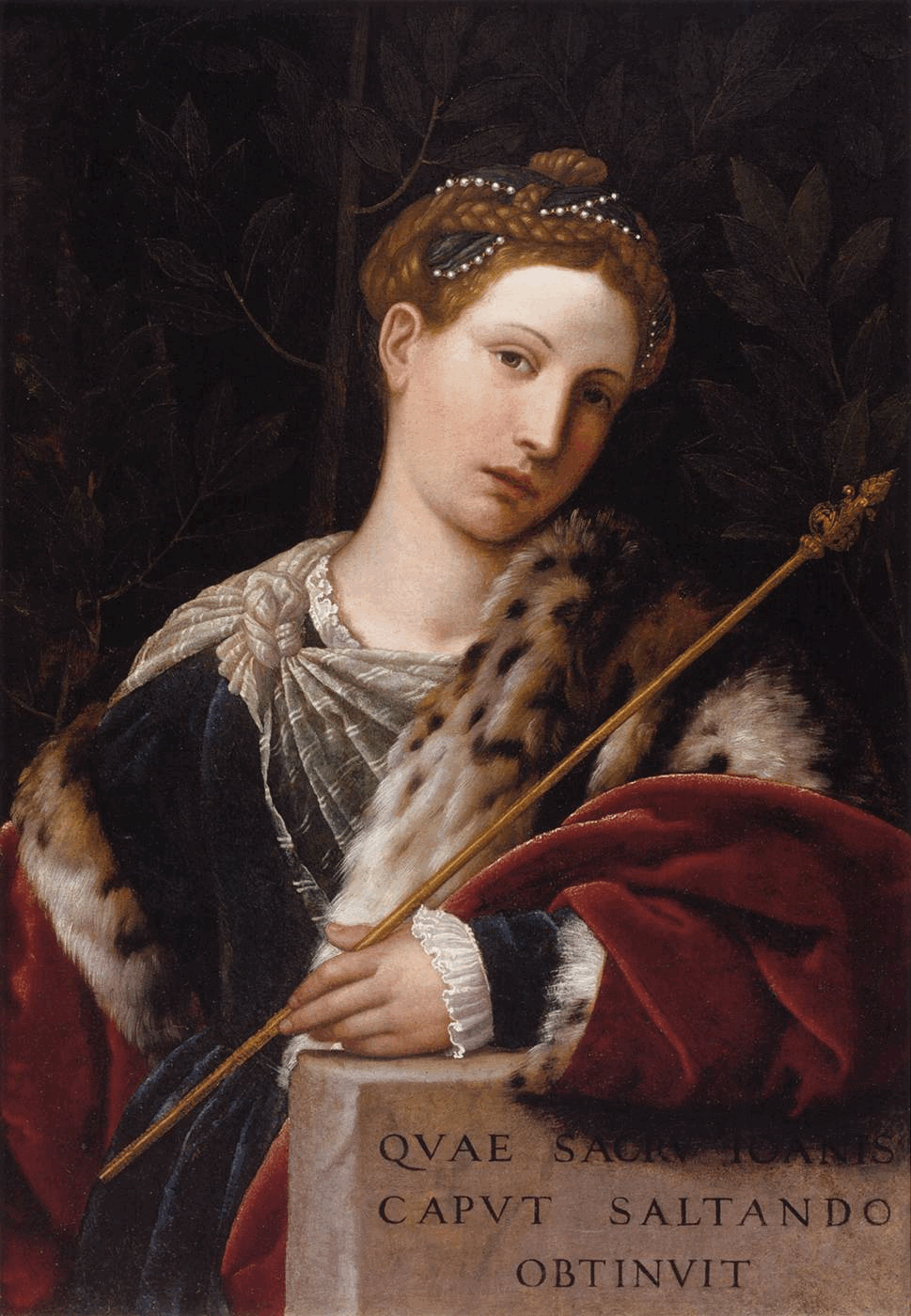Tullia d'Aragona
by Wendy Sloan ullia d'Aragona was an influential intellectual, philosopher, writer, and poet and a cortigiana onesta ("honored courtesan") of the Sixteenth Century. Her salons were attended by the Italian elite: aristocrats, clerics, courtiers, scholars, writers. Aragona was descended from royalty. Her father was Cardinal Luigi d'Aragona, the natural son of Ferdinand I of Naples. Her mother was Giulia Campana, a cortigiana onesta with whom the Cardinal lived for at least ten years, contributing both financially and through his connections to Tullia's excellent education. Many famous men fell in love with Tullia, including Filippo Strozzi, the Florentine banker, and Bernardo Tasso, father of Torquato. She had a longstanding relationship with the courtier poet Girolamo Muzio, who composed much of his best poetry to her. Her Rime (1547) and Dialogue on the Infinity of Love (1547) were best-selling publications of Venice's innovative Giolito publishing house. In her ground-breaking Dialogue, a debate on the nature of love, Aragona daringly presents herself as an experienced authority on the subject and advances the then-radical belief that men and women can be equal partners in a natural bond both physical/sexual and intellectual. See the essay on Veronica Franco for more details.
|
|
 |
 |
|
|
 |
 |
 |
| Tullia di Aragona |
 |
 |
| Years: |
1510-1556 |
| Birthplace: |
Italy |
| Language(s): |
Italian |
| Forms: |
Sonnet, encomium (tribute poem usually written in praise of a ruler or patron), madrigal, canzone, sestina, ottava rima (chivalric romance), prose (dialogue) |
| Subjects: |
Philosophy, friendship, love |
| Entry By: |
Wendy Sloan |
|
|
|
|
